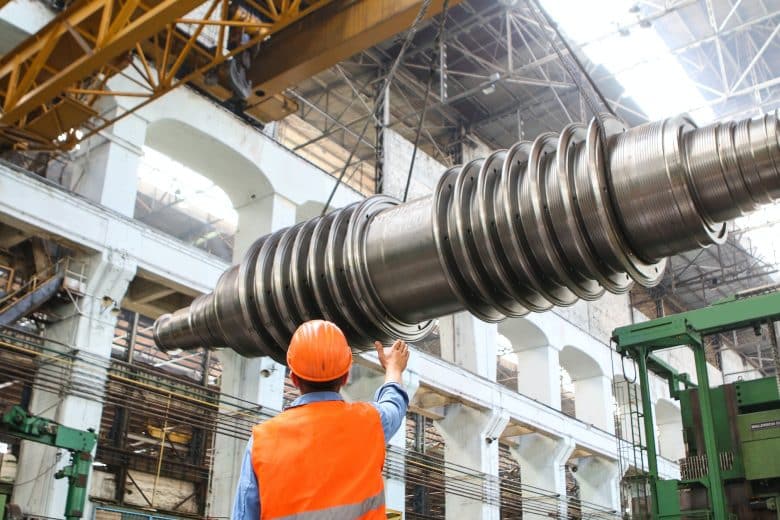It doesn’t matter if you work in an office or factory; everyone has a risk of being struck by a falling object on a workplace’s premises. Yet, this type of accident is more likely to happen in specific environments due to the nature of the fields, such as construction sites, factories, and warehouses.
For example, tools or materials could fall from high above on scaffolding, accidents can happen when unloading materials or heavy, loose items at a height could be knocked by a forklift truck.
Unfortunately, the accidents may cause serious and long-term repercussions for a victim. Here are some of the most common injuries caused by falling objects at work.
Brain Injury
As most people would never expect an object to fall on them from a height, these accidents are almost impossible for a victim to avoid. This can make injuries from falling objects more serious than other workplace injuries. If a heavy object falls onto a person’s head from a height, the accident could prove fatal or cause a serious brain injury. Consequently, a brain injury might lead to disability, cognitive impairment, ongoing medical assistance, expensive healthcare bills, job loss, and financial issues.
Like any accident at work, the victim could take legal action to seek verbal and financial justice for a company’s recklessness or negligence. An object falling from a height could have been avoided, which is why a victim or their family should not hesitate to contact a traumatic brain injury lawyer. The personal injury case can’t change what’s happened, but it could help the victim and their families move on from the unfortunate event.
Facial Fracture
A falling object could lead to one or more facial fractures, which will cause a victim excruciating pain and suffering. For instance, they damage one or more bones around their eyes, nose, forehead, or cheekbones. In addition to enduring a long and painful healing process, a person may face more long-term or permanent health issues, such as nerve damage, damaged muscles, vision difficulties, and breathing issues.
Spinal Cord Injury
If a falling object hits a person on the head, neck, or back, they could sustain a life-altering spinal cord injury. If this is the case, a person may struggle with limited mobility or paralysis. Also, they could experience severe back pain when performing simple tasks, such as sitting, walking, or standing.
The type of spinal cord injury sustained will determine the symptoms a person experiences. For example, a person with a damaged vertebra or backbone might develop bruising around the spine, experience excruciating back or neck pain, or develop an unusual twist in the spine.
Foot Injuries or Broken Bones
A falling object from a height is more likely to cause a brain, facial, or spinal cord injury if it comes into contact with a person on the ground. However, it could lead to a foot injury or broken bones. For example, a hammer could fall from a rack and land on an employee’s foot, arm, or leg. For this reason, it is an employer’s responsibility to ensure all staff members wear the appropriate footwear and PPE on site to protect them from potential injury, which includes objects falling from a height.












Leave a Reply